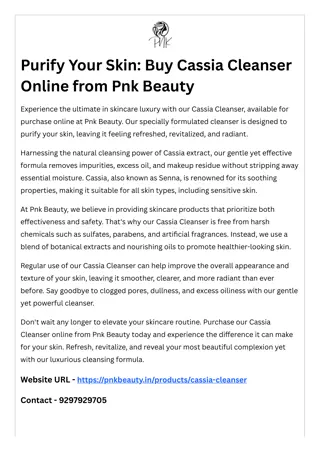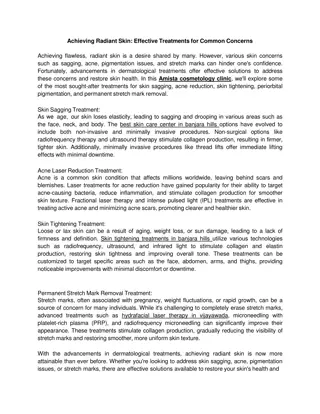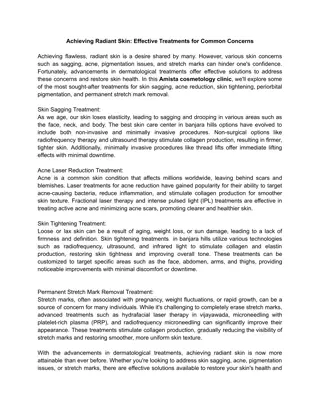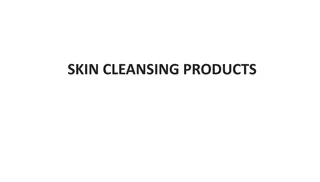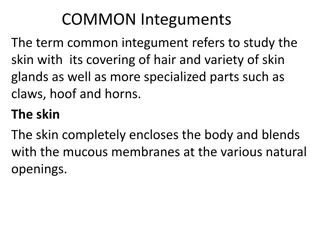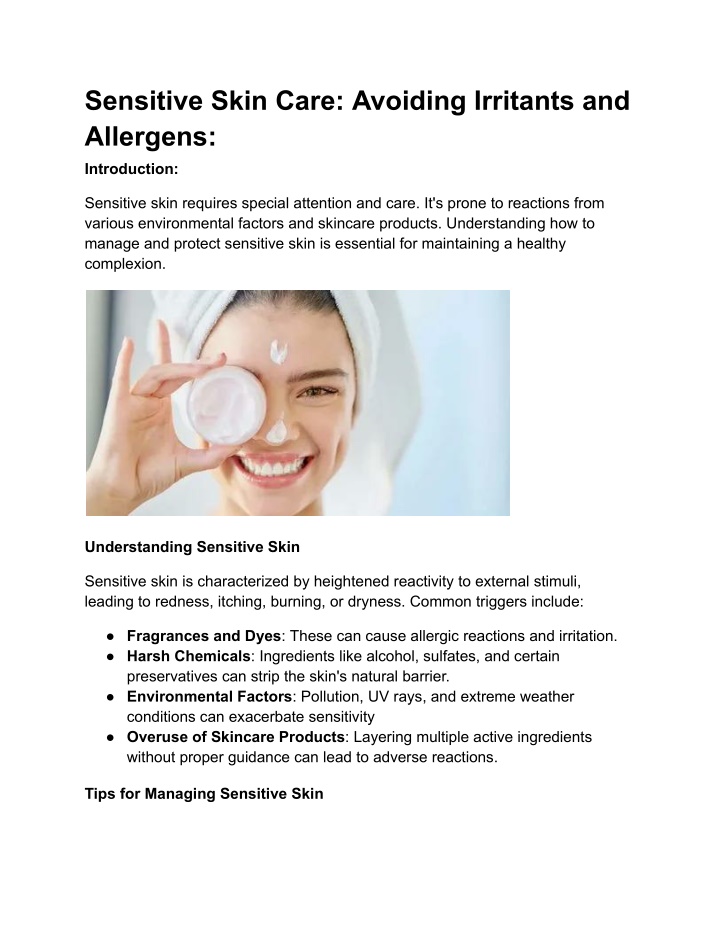
Sensitive Skin Care Avoiding Irritants and Allergens
Sensitive skin requires special attention and care. It's prone to reactions from various environmental factors and skincare products. Understanding how to manage and protect sensitive skin is essential for maintaining a healthy complexion.
Download Presentation

Please find below an Image/Link to download the presentation.
The content on the website is provided AS IS for your information and personal use only. It may not be sold, licensed, or shared on other websites without obtaining consent from the author. If you encounter any issues during the download, it is possible that the publisher has removed the file from their server.
You are allowed to download the files provided on this website for personal or commercial use, subject to the condition that they are used lawfully. All files are the property of their respective owners.
The content on the website is provided AS IS for your information and personal use only. It may not be sold, licensed, or shared on other websites without obtaining consent from the author.
E N D
Presentation Transcript
Sensitive Skin Care: Avoiding Irritants and Allergens: Introduction: Sensitive skin requires special attention and care. It's prone to reactions from various environmental factors and skincare products. Understanding how to manage and protect sensitive skin is essential for maintaining a healthy complexion. Understanding Sensitive Skin Sensitive skin is characterized by heightened reactivity to external stimuli, leading to redness, itching, burning, or dryness. Common triggers include: Fragrances and Dyes: These can cause allergic reactions and irritation. Harsh Chemicals: Ingredients like alcohol, sulfates, and certain preservatives can strip the skin's natural barrier. Environmental Factors: Pollution, UV rays, and extreme weather conditions can exacerbate sensitivity Overuse of Skincare Products: Layering multiple active ingredients without proper guidance can lead to adverse reactions. Tips for Managing Sensitive Skin
1. Simplify Your Skincare Routine: Stick to basic stepscleanser, moisturizer, and sunscreen. Avoid unnecessary products that may introduce potential irritants. 2. Patch Test New Products: Before applying a new product to your face, test it on a small area to check for any adverse reactions. 3. Choose Fragrance-Free Products: Fragrances are a common irritant. Opt for products labeled as fragrance-free. 4. Use Lukewarm Water: Hot water can strip the skin's natural oils, leading to dryness and irritation. 5. Protect Your Skin from the Sun: UV rays can aggravate sensitive skin. Always apply a broad-spectrum sunscreen with at least SPF 30. Recommended Skincare Routine for Sensitive Skin 1. Gentle Cleansing Start with a mild, non-foaming cleanser that removes impurities without disrupting the skin's natural barrier. 2. Hydrating Toner Use a toner with soothing ingredients like aloe vera or chamomile to calm the skin and restore pH balance. 3. Moisturizing Opt for a lightweight, fragrance-free moisturizer that provides hydration without clogging pores. 4. Sun Protection Apply a mineral-based sunscreen containing zinc oxide or titanium dioxide, which are less likely to cause irritation. Ingredients to Avoid Alcohol: Can be drying and irritating. Synthetic Fragrances: Often cause allergic reactions.ZO Skin Health Sulfates: Harsh cleansing agents that can strip natural oils.ZO Skin Health+1Tru-Skin+1 Parabens: Preservatives that may cause skin sensitivity.
Ingredients Beneficial for Sensitive Skin Niacinamide: Helps strengthen the skin barrier and reduce inflammation. Ceramides: Restore the skin's protective barrier. Hyaluronic Acid: Provides hydration without irritation. Aloe Vera: Soothes and calms irritated skin. Lifestyle Tips Maintain a Balanced Diet: Consume foods rich in antioxidants and omega-3 fatty acids to support skin health. Stay Hydrated: Drink plenty of water to keep your skin hydrated from within. Manage Stress: Stress can trigger skin flare-ups. Practice relaxation techniques like meditation or yoga. Get Adequate Sleep: Sleep is essential for skin regeneration and repair. When to Consult a Dermatologist If your skin reactions persist despite following a gentle skincare routine, it's advisable to consult a dermatologist. They can help identify specific allergens or underlying conditions contributing to your skin sensitivit



![Skincare Market Growth & Key Industry Developments [2030]](/thumb/26741/skincare-market-growth-key-industry-developments-2030.jpg)
